All Princeton Junction Addiction Treatment Centers
-
Rutgers UBHC Monmouth Junction
4326 US-1
Monmouth Junction, New Jersey 08852Treatment Programs
- Dual Diagnosis
- Young Adult Rehab
- Adult Program
- +1
Insurance
- Medicaid
- Self-pay options
- +4
-
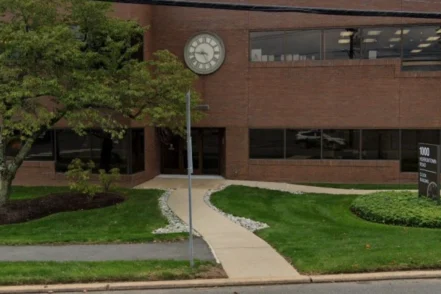
Princeton HealthCare System Herrontown Rd
1000 Herrontown Rd.
Princeton, New Jersey 08540Treatment Programs
- Alcohol Rehab
- Dual Diagnosis
- Opioid Addiction
- +3
Insurance
- Self-pay options
- Private insurance
- +1
-
Trenton Healthcare Clinic
801 New York Avenue
Trenton, New Jersey 08638Treatment Programs
- Dual Diagnosis
- Opioid Addiction
- Adult Program
- +2
Insurance
- Self-pay options
- Medicaid
-
Family Guidance Center Childrens Treatment
1925 Pennington Road
Trenton, New Jersey 08618Treatment Programs
- Dual Diagnosis
- Young Adult Rehab
Insurance
- Medicaid
- Private insurance
- +2
-
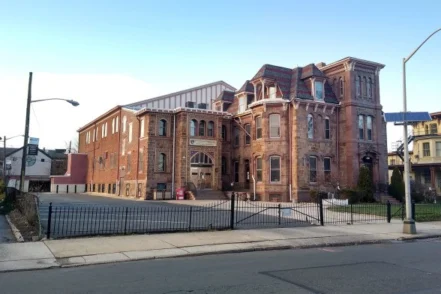
Partners in Recovery Project Free
10Southard Street
Trenton, New Jersey 08609Treatment Programs
- Alcohol Rehab
- Dual Diagnosis
- Opioid Addiction
- +4
Insurance
- Medicaid
- Self-pay options
- +3
-
Another Door Opens Recovery Center Trenton
364 South Broad Street
Trenton, New Jersey 08611Treatment Programs
- Alcohol Rehab
- Dual Diagnosis
- Opioid Addiction
- +5
Insurance
- Private insurance
- Self-pay options
- +3
-
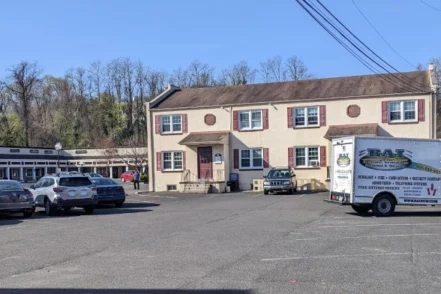
Hashemi Healthcare
19 S Main St
Yardley, Pennsylvania 19067Treatment Programs
- Dual Diagnosis
- Opioid Addiction
- Adult Program
- +2
Insurance
- Private insurance
- Self-pay options
-
Liberation Way Yardley
90 W Afton Avenue, Suite 101
Yardley, Pennsylvania 19067Treatment Programs
- Alcohol Rehab
- Dual Diagnosis
- Opioid Addiction
- +5
Insurance
- Self-pay options
- Private insurance
-
Trautz Ronald B
134 North Main Street
Milltown, New Jersey 08850Treatment Programs
- Alcohol Rehab
- Drug Rehab
- Dual Diagnosis
Insurance
- Self-pay options
-
New Hope Open Door Outpatient Services
2-4 New and Kirkpatrick Streets
New Brunswick, New Jersey 08901Treatment Programs
- Drug Rehab
- Dual Diagnosis
-
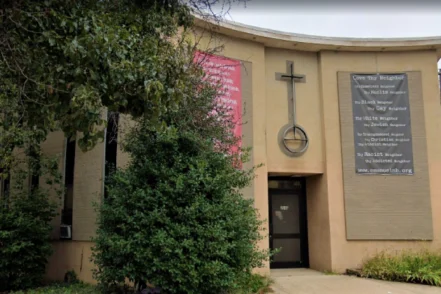
New Hope Foundation Outpatient New Brunswick
2-4 Kirkpatrick Street
New Brunswick, New Jersey 08901Treatment Programs
- Alcohol Rehab
- Dual Diagnosis
- Opioid Addiction
- +5
Insurance
- Private insurance
- Self-pay options
- +3
-
SOBA New Jersey
104 Bayard Street
New Brunswick, New Jersey 08901Treatment Programs
- Alcoholism
- Opioid Addiction
- Drug Addiction
- +3
Insurance
- Self-pay options
- Private insurance
- +5
-
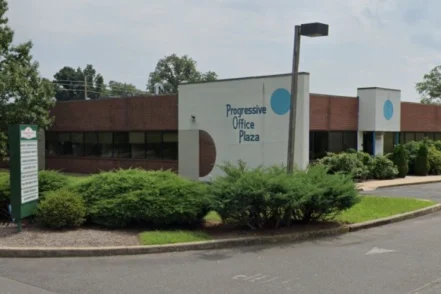
Breath of Life Counseling Services
107 Cedar Grove Lane, Suite 103E
Somerset, New Jersey 08873Treatment Programs
- Alcohol Rehab
- Dual Diagnosis
- Opioid Addiction
- +5
Insurance
- Self-pay options
- Sliding scale payment assistance
-
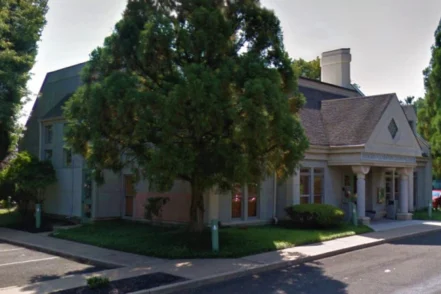
Livengrin Foundation Oxford Valley
195 Bristol-Oxford Valley Rd.
Langhorne, Pennsylvania 19047Treatment Programs
- Alcohol Rehab
- Dual Diagnosis
- Opioid Addiction
- +5
Insurance
- Self-pay options
- Private insurance
- +3
-
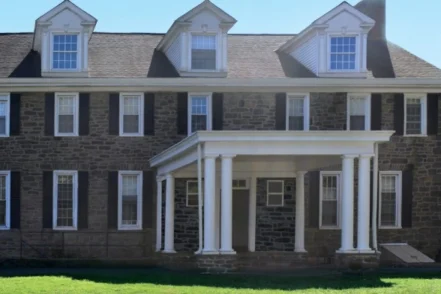
Pyramid Healthcare Langhorne Detox & Residential Treatment Center
1990 Woodbourne Road
Langhorne, Pennsylvania 19047Treatment Programs
- Alcohol Rehab
- Dual Diagnosis
- Opioid Addiction
- +5
Insurance
- Medicaid
- Private insurance
- +2
Other Nearby Cities
Top Drug Rehab Centers in New Jersey
-
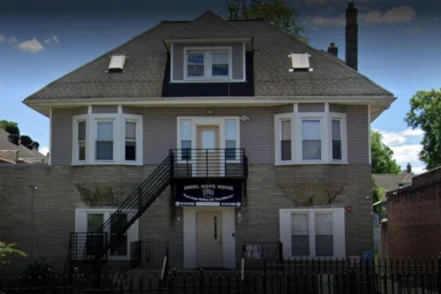 New Jersey
New JerseyAngel Hope House
800 Clinton Avenue Newark, New Jersey 07102
Treatment Programs
- Alcohol Rehab
- Dual Diagnosis
- Opioid Addiction
- +6
-
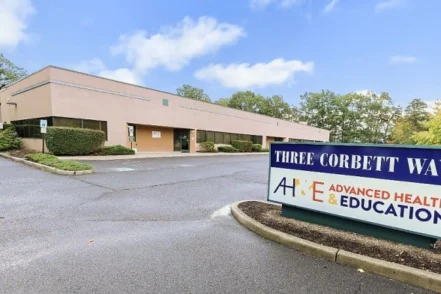 New Jersey
New JerseyAdvanced Health and Education
3 Corbett Way Eatontown, New Jersey 07724
Treatment Programs
- Alcohol Rehab
- Dual Diagnosis
- Opioid Addiction
- +5
-
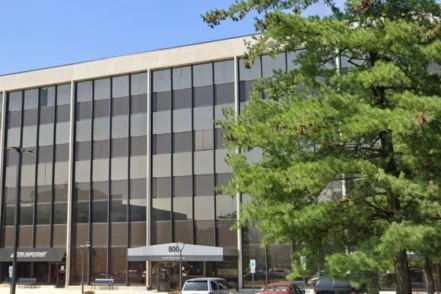 New Jersey
New JerseyLegacy Healing Center New Jersey
800 Kings Hwy N, Suite 100 Cherry Hill, New Jersey 08034
Treatment Programs
- Alcohol Rehab
- Dual Diagnosis
- Drug Rehab
- +3
-
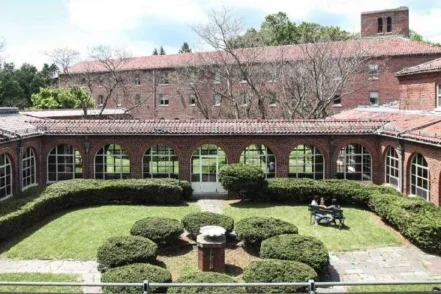 New Jersey
New JerseySunrise House Lafayette
37 Sunset Inn Road Lafayette, New Jersey 07848
Treatment Programs
- Alcohol Rehab
- Dual Diagnosis
- Opioid Addiction
- +5
-
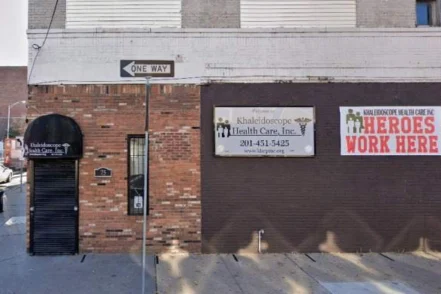 New Jersey
New JerseyKhaleidoscope Healthcare
75 Harrison Avenue Jersey City, New Jersey 07304
Treatment Programs
- Alcohol Rehab
- Dual Diagnosis
- Opioid Addiction
- +5
-
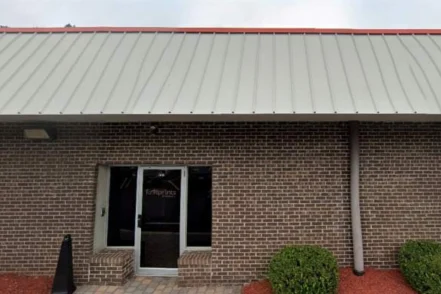 New Jersey
New JerseyFootprints to Recovery New Jersey
3535 Quakerbridge Road, Suite 300 Hamilton Township, New Jersey 08619
Treatment Programs
- Alcohol Rehab
- Dual Diagnosis
- Opioid Addiction
- +7
-
 New Jersey
New JerseyRecovery Centers of America at Lighthouse
5034 Atlantic Avenue Mays Landing, New Jersey 08330
Treatment Programs
- Alcohol Rehab
- Dual Diagnosis
- Opioid Addiction
- +5
-
 New Jersey
New JerseyAbsolute Awakenings Treatment Center
3000 NJ-10 Morris Plains, NJ 07950
Treatment Programs
- Drug Rehab
- +-2
-
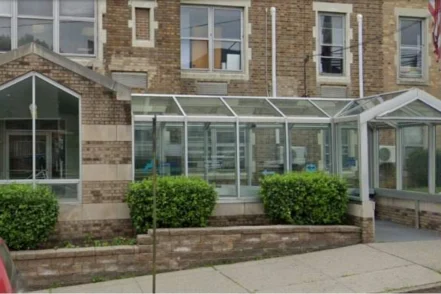 New Jersey
New JerseyEndeavor House North
206 Bergen Avenue, Suite 102 Kearny, New Jersey 07032
Treatment Programs
- Alcohol Rehab
- Dual Diagnosis
- Opioid Addiction
- +5
-
 New Jersey
New JerseyRecovery Centers of America at Voorhees
526 S Burnt Mill Road Voorhees, New Jersey 08043
Treatment Programs
- Alcohol Rehab
- Drug Rehab
- Adult Program
- +2
-
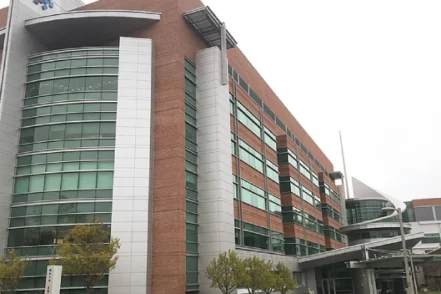 New Jersey
New JerseyJersey Shore University Medical Center Neptune
1945 State Route 33 Neptune, New Jersey 07753
Treatment Programs
- Alcohol Rehab
- Dual Diagnosis
- Opioid Addiction
- +4
-
 New Jersey
New JerseySOBA New Jersey
104 Bayard Street New Brunswick, New Jersey 08901
Treatment Programs
- Alcoholism
- Opioid Addiction
- Drug Addiction
- +3
-
 New Jersey
New JerseySpectrum Healthcare
74-80 Pacific Avenue Jersey City, New Jersey 07304
Treatment Programs
- Alcohol Rehab
- Dual Diagnosis
- Opioid Addiction
- +5
